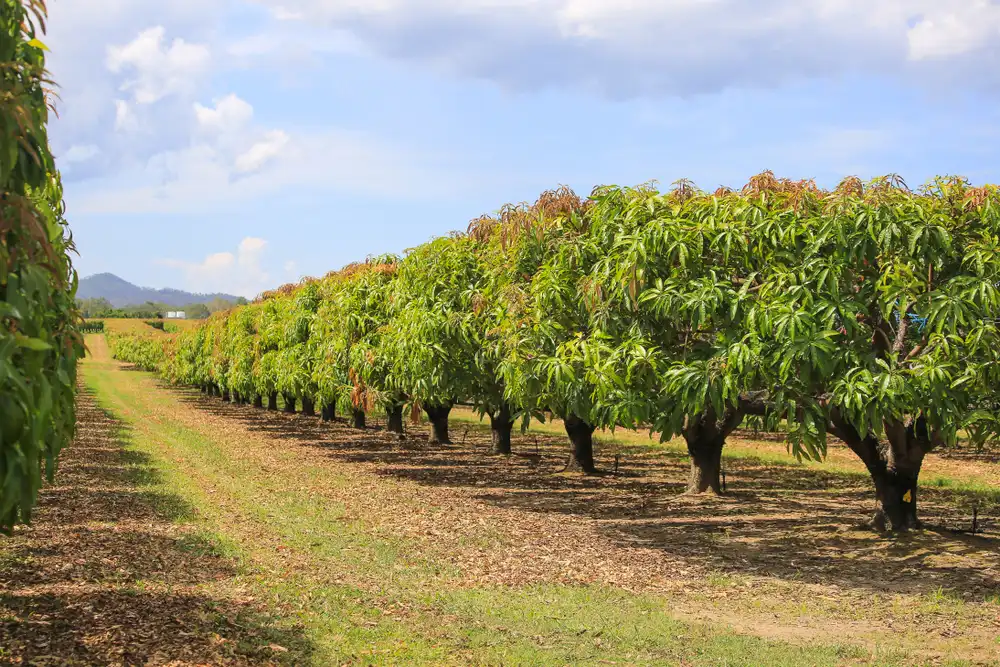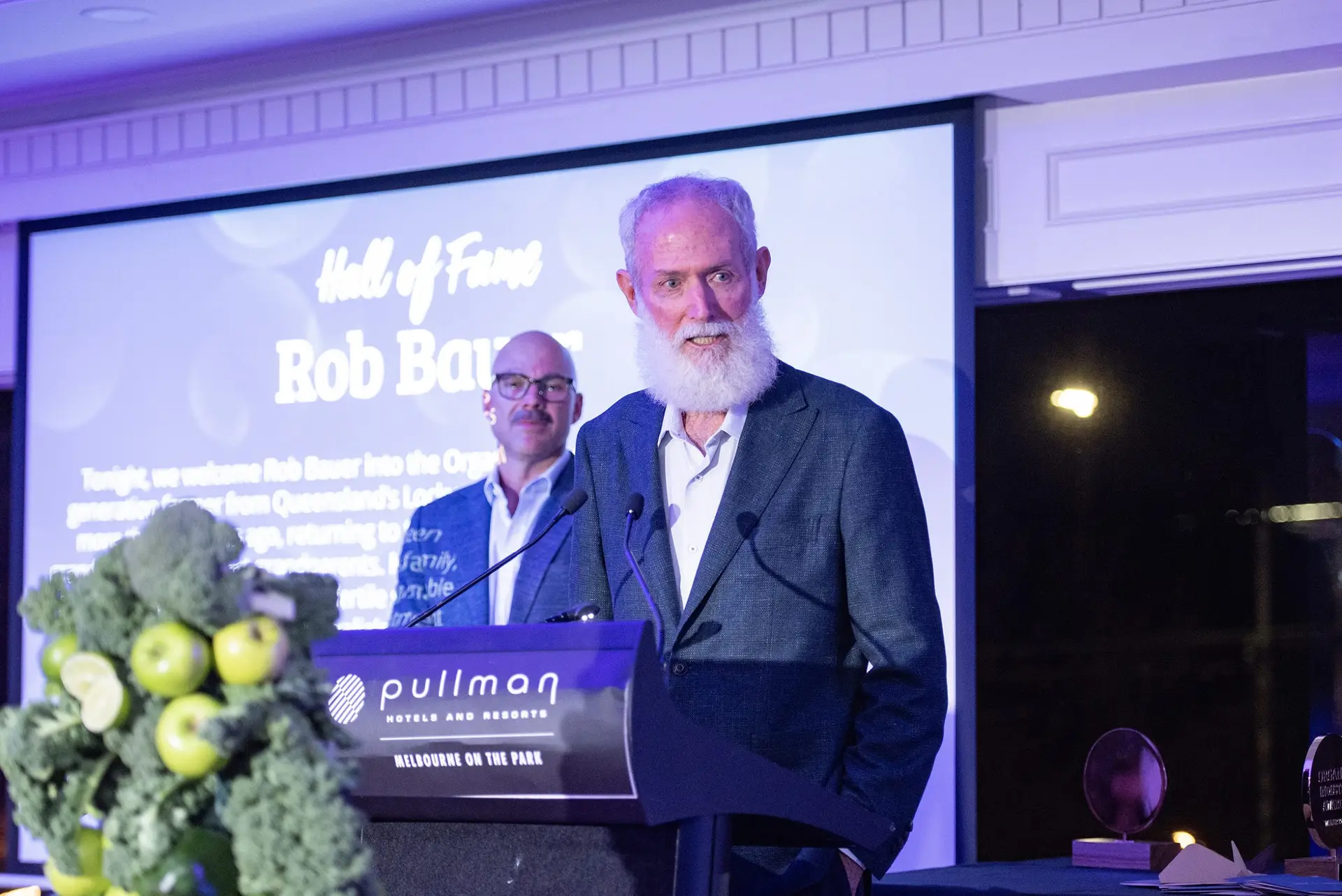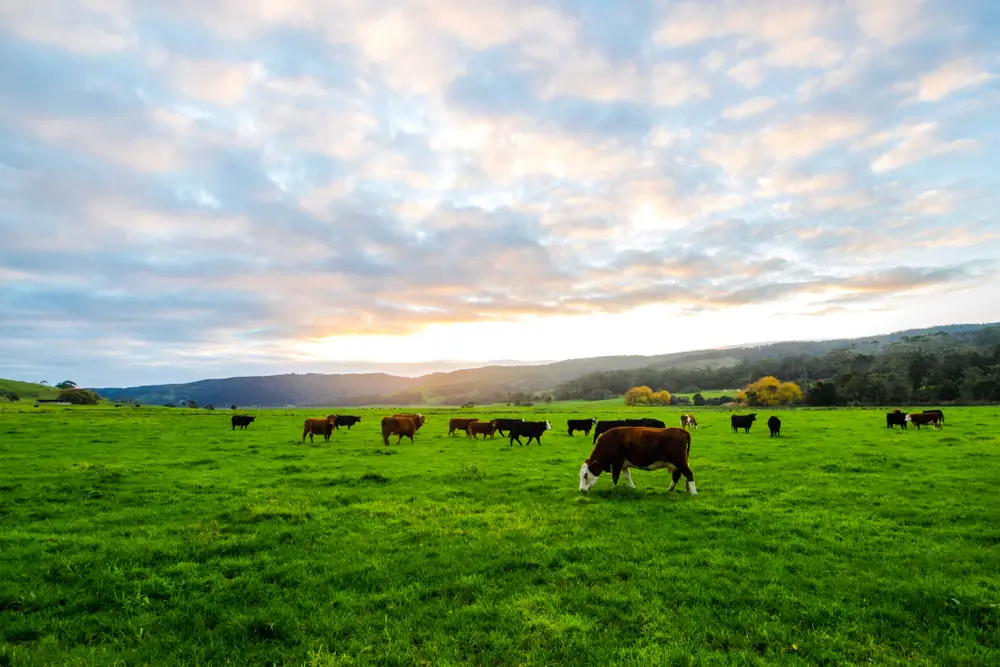As an outcome from a review of Australia’s export legislation in 2015, the Department of Agriculture, Water and Environment (DAWE) have published the Consultation Draft Export Control (Organic Goods) Rules 2020.
The new Organic Rules will set out the operational requirements that must be met to export organic goods from Australia. The Rules will replace the old Export Control Orders, and will be enforceable under the new Export Control Act (2020) – also currently in draft form. It is expected the new Rules will come into force during 2021.
Australian Organic Limited (AOL) has reviewed the Draft Rules, considered feedback from our members, and attended a teleconference with DAWE this morning on the matter, and now intend to make the following submission, on behalf of our industry:
AOL commends, and supports the new Draft Rules, as it aligns well with our submission to the Review in 2018, and we believe the new Rules will address some of the challenges our industry has faced with regard to the outgoing Organic Orders.
AOL particularly supports the following aspects of the Draft Rules:
- The maintenance of strict regulation of exports of Organic produce, as it underpins access to multiple lucrative overseas markets, and acts as de-facto domestic regulation, as all reputable organic certification bodies within Australia have aligned with the National Standard and deliver certification domestically in compliance with the export requirements.
- The specific referencing of the National Standard for Organic and Bio-Dynamic Produce within the Rules. This ensures there is no confusion as to which standard may be applied. It also paves the way for sensible and consistent overlaying of the National Standard into the domestic regulation, which has received support from DAWE, and the National Farmers Federation.
- The new Rules fall under the authority of the Secretary, rather than the Minister. This will allow DAWE to be more responsive to industry needs, by allowing timely updates or changes to the Rule if needed by our industry.
- The inclusion of an allowance for granting specific exceptions is a sound and sensible approach to provide flexibility for industry should export market expectations change for certain product categories, for instance.
- The exclusion of organic cosmetics from prescribed goods classification, unless the destination market requires it. This is a very sensible approach, which recognises the practicalities and limitations of the National Standard, and as specifications for organic cosmetics are not well agreed upon globally, at the present time.
As further explained by DAWE staff during the teleconference, most trading partners do not require government certification for cosmetics being exported to their country, so having a mandated requirement for export certification could create an unnecessary restriction to trade.
Based on DAWE’s explanation of the rationale for exclusion of cosmetics, we recommend the similar exclusion of the specific categories: cosmetics for use on pets, and; household cleaning products – as these product categories are also not yet well agreed upon globally, and their inclusion as prescribed goods may unnecessarily restrict trade.
Thank you to those who provided their support to the submission.





